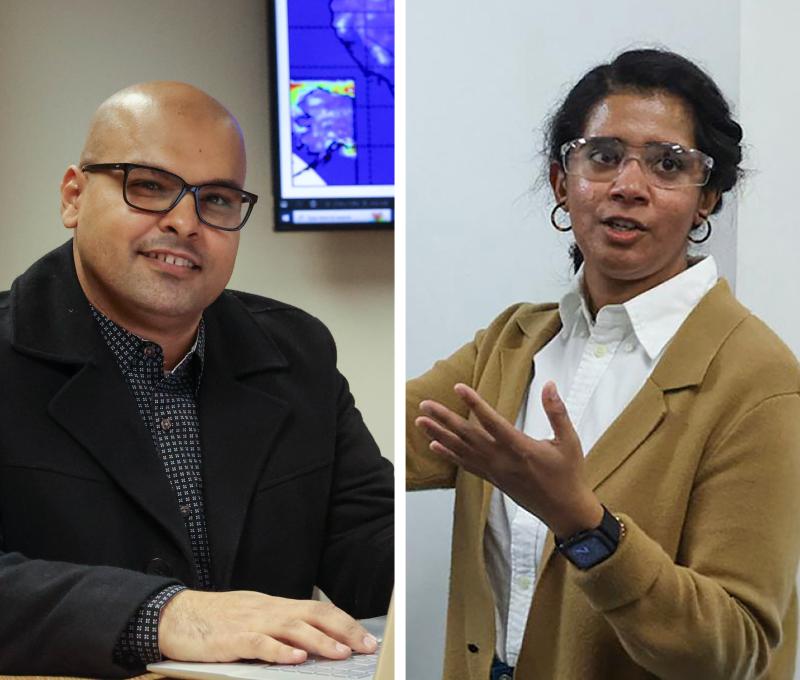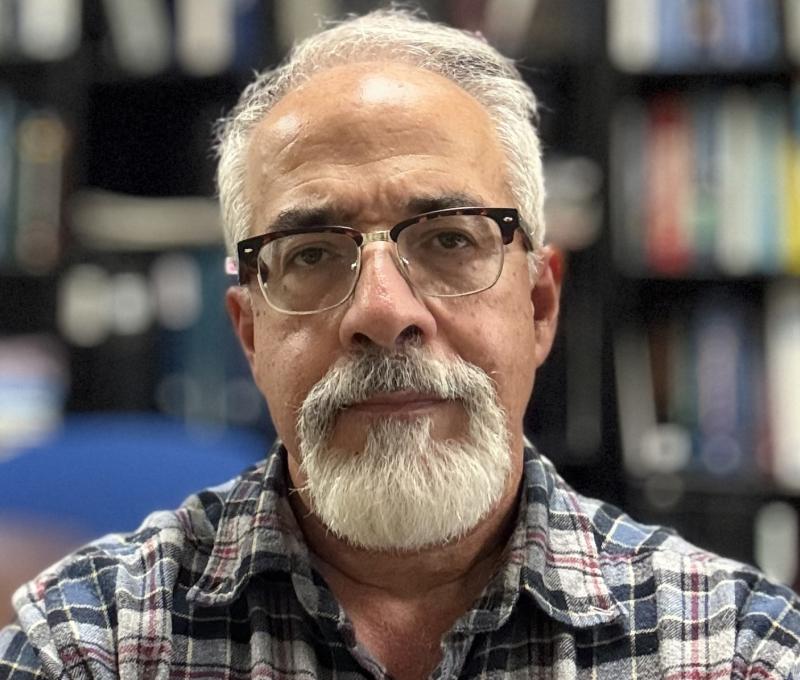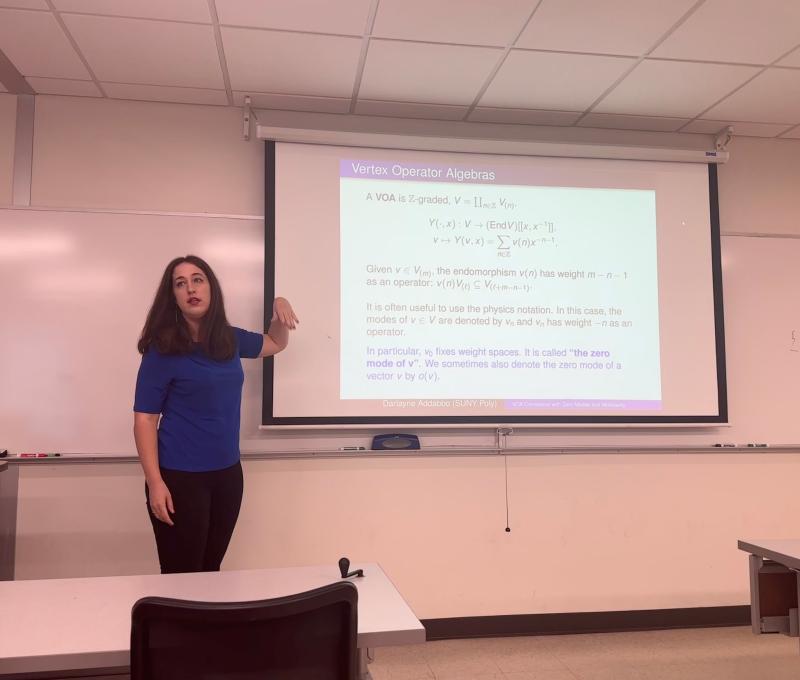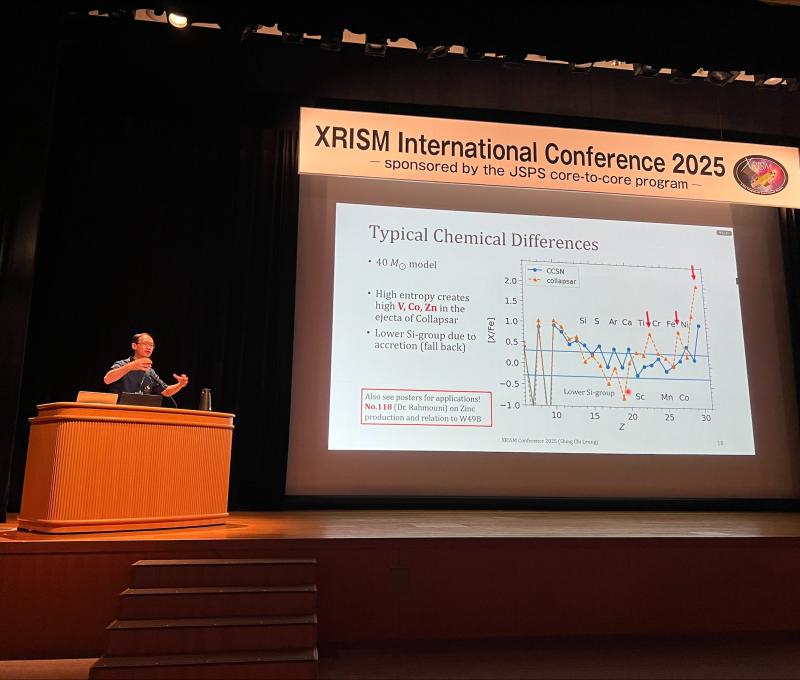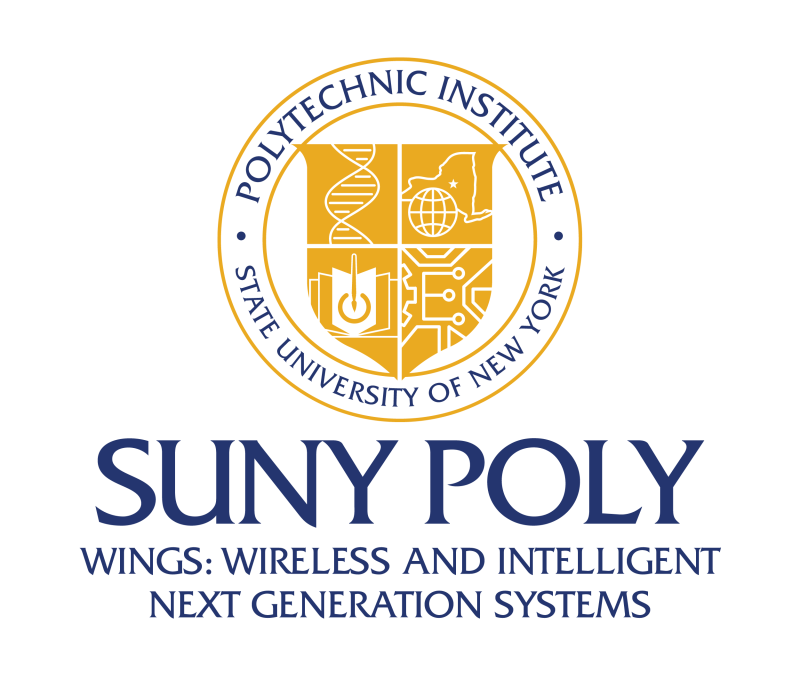Team ASIC: How SUNY Polytechnic Institute Builds the High-Tech Workforce to Support the Nation’s Computer Chip Needs
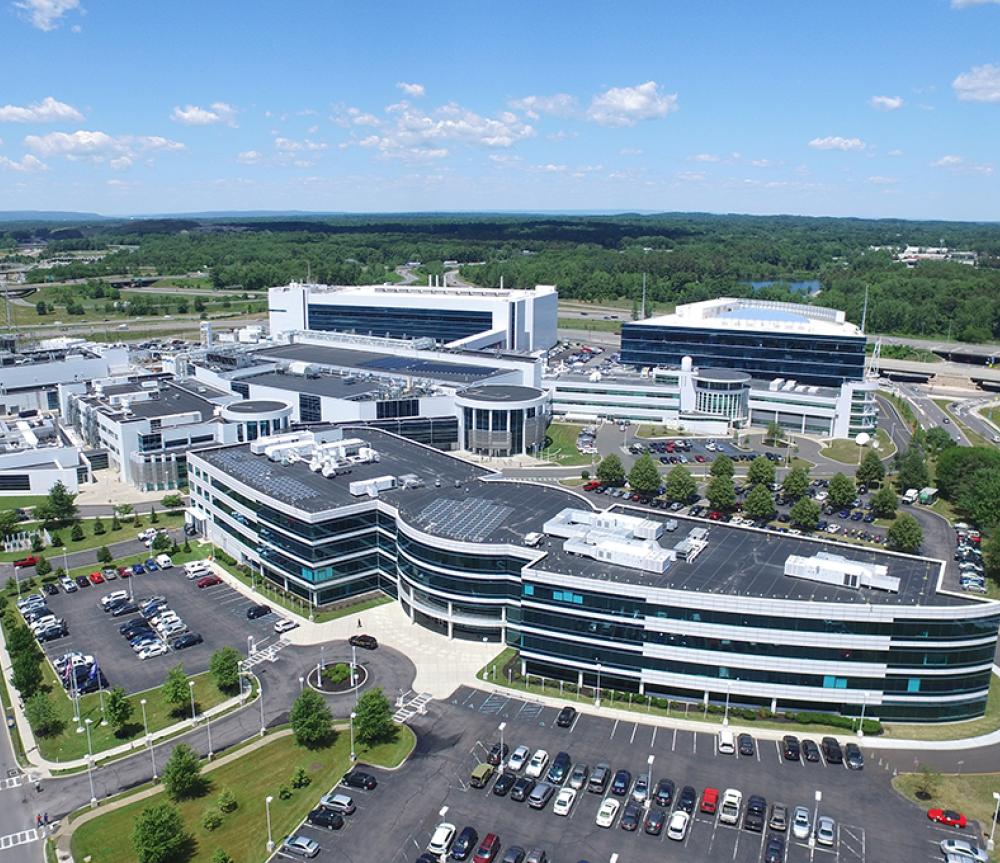
This article also appears at the ASIC Blog
In the famous film, “Field of Dreams,” the paraphrased, well-known line, “If you build it, they will come,” resulted in the main character constructing a baseball field
Now imagine a similar scenario—only now, in the computer chip industry.
It is critical to stand up the new National Semiconductor Technology Center
SUNY Poly’s College of Nanoscale Science and Engineering (CNSE) was the first college in the world solely dedicated to providing students with a nanotechnology-focused education. It is located in Albany, NY, at the 1.65 million square foot Albany NanoTech Complex. Fittingly for this story, the site had been a simple field only decades ago.
But since that time, “they” have come. The site now boasts state-of-the-art 300mm wafer fabrication cleanrooms. Numerous globally recognized semiconductor-based corporations, from IBM to TEL Technology Center, America, LLC, are co-located with SUNY Poly. The academic-industry partnerships provide fertile ground for students, as well as professionals, who seek an unmatched education in nanoscale science and nanoscale engineering.
In fact, President Barack Obama decided to come too. When he visited SUNY Polytechnic Institute in 2012, he told a crowd of government, technology, and business leaders, scientists, researchers, and students, “You’ve got some of the best workers in the world, you've got an outstanding university.”
The momentum has continued. Recently, when Deputy Secretary of Commerce Don Graves joined Senator Charles Schumer and Governor Kathy Hochul at the Albany NanoTech Complex, the local Times Union reported: “The presence of SUNY Poly at Albany Nanotech is another feature that state officials believe will help land the NSTC because it brings both academia and workforce development to the companies that locate at the complex, a mixture that is unrivaled in the United States."
SUNY Poly’s students have the education to make a difference as a result of what they learn in the classroom and through actual experience. For example, the recent news that IBM produced computer chips with components that are only 2 nanometers in size reverberated around the globe in May 2021. IBM researchers at the Albany Nanotech Complex developed the groundbreaking chip architecture, and SUNY Poly nanoscale engineering senior Justin Nhan, now a graduate student, is thrilled to have been involved in the effort as a result of SUNY Poly’s educational partnerships that provide unmatched hands-on learning. Working at an internship with TEL Technology Center, America, LLC, he ran specific processes and altered parameters within the process recipe on a TEL tool to play a role in the development of the 2nm technology, which can hold 50 billion transistors on a chip the size of a fingernail.
World-class faculty at both SUNY Poly’s Albany and Utica campuses along New York State’s high-tech corridor push the boundaries in nanoscale science, nanoscale engineering, artificial intelligence, engineering, and numerous other pertinent areas, with just some of the efforts featured below:
- Professor of Nanoscale Engineering Dr. Ji Ung Lee received $6.25 million in federal funding from the Naval Research Laboratory (NRL) to leverage the state-of-the-art 300mm fabrication facility and use new nanoscale materials to fabricate advanced electronic devices in order to impart more functionalities to future computer chips.
- Interim Vice President of Research; Empire Innovation Professor of Nanobioscience and Executive Director of the SUNY Applied Materials Research Institute (SAMRI) Dr. Nathaniel Cady received $5.5 million in funding from the Rome-based Air Force Research Laboratory-Information Directorate to demonstrate adaptable and reconfigurable neural networks, computing systems that act like synapses in the human brain. This will allow Dr. Cady, co-investigator SUNY Poly adjunct faculty member Dr. Karsten Beckmann, and their research team to fabricate chips using the 300mm fabrication facilities. These small, low-power neuromorphic computer chips will be more efficient than the types of chips currently available; the chips will also be able to perform complex functions while being able to learn and adapt. Once fabricated, they are to be used in a variety of U.S. military and civilian applications. The research team is also supporting use and application of the technology that they are developing, led by Steven Wood, in conjunction with several SUNY Poly faculty from across both campuses, including Drs. Tim Busch, Jiayue Shen, and Yu Zhou.
- Associate Professor of Nanoengineering Dr. Woongje Sung received $625,000 in funding from the U.S. Department of Energy’s Advanced Manufacturing Office as part of a collaborative research effort with the National Renewable Energy Laboratory (NREL) to reduce the cost to manufacture silicon carbide (SiC) -based power devices, which can be used in a variety of high-performance applications, including automotive, industrial, and aeronautical.
On top of the selected research initiatives outlined above, SUNY Poly’s resources and capabilities at both of its Albany and Utica locations are synergistically building the high-tech workforce and fostering leading-edge research. SUNY Poly, with its high-tech partners, has magnetized the Capital Region and Mohawk Valley in New York State for semiconductor-centered opportunities. In April, Wolfspeed cut the ribbon on the world’s largest 200mm silicon carbide fabrication facility at the Marcy Nanocenter on SUNY Poly’s Utica campus. Already one dozen SUNY Poly alumni have begun careers at Wolfspeed, with seven students currently working as interns. Complementing these initiatives, Wolfspeed has committed $3.75 million to the SUNY Poly Foundation to support curriculum development, create two Endowed Faculty Chair positions, and to establish a scholarship fund for undergraduates to enroll in programs that will enable future career opportunities within the semiconductor and advanced electronics industry.
We all know that computer chips are so important to our everyday lives that they have become a necessity. America must continue to
Especially in this age of chip shortages, students and professionals must be able to gain the hands-on training they need to innovate in the semiconductor sector. With its students, faculty, and researchers working closely with top-tier industry partners to contribute toward such next-generation advancements, SUNY Poly is excited to join its partners to empower dreams to become reality in the semiconductor field.
Learn More about the American Semiconductor Innovation Coalition

